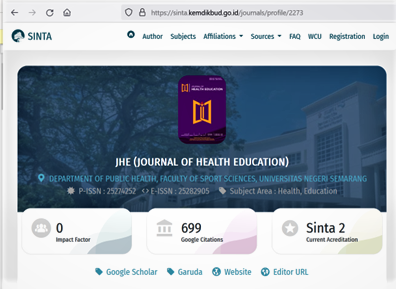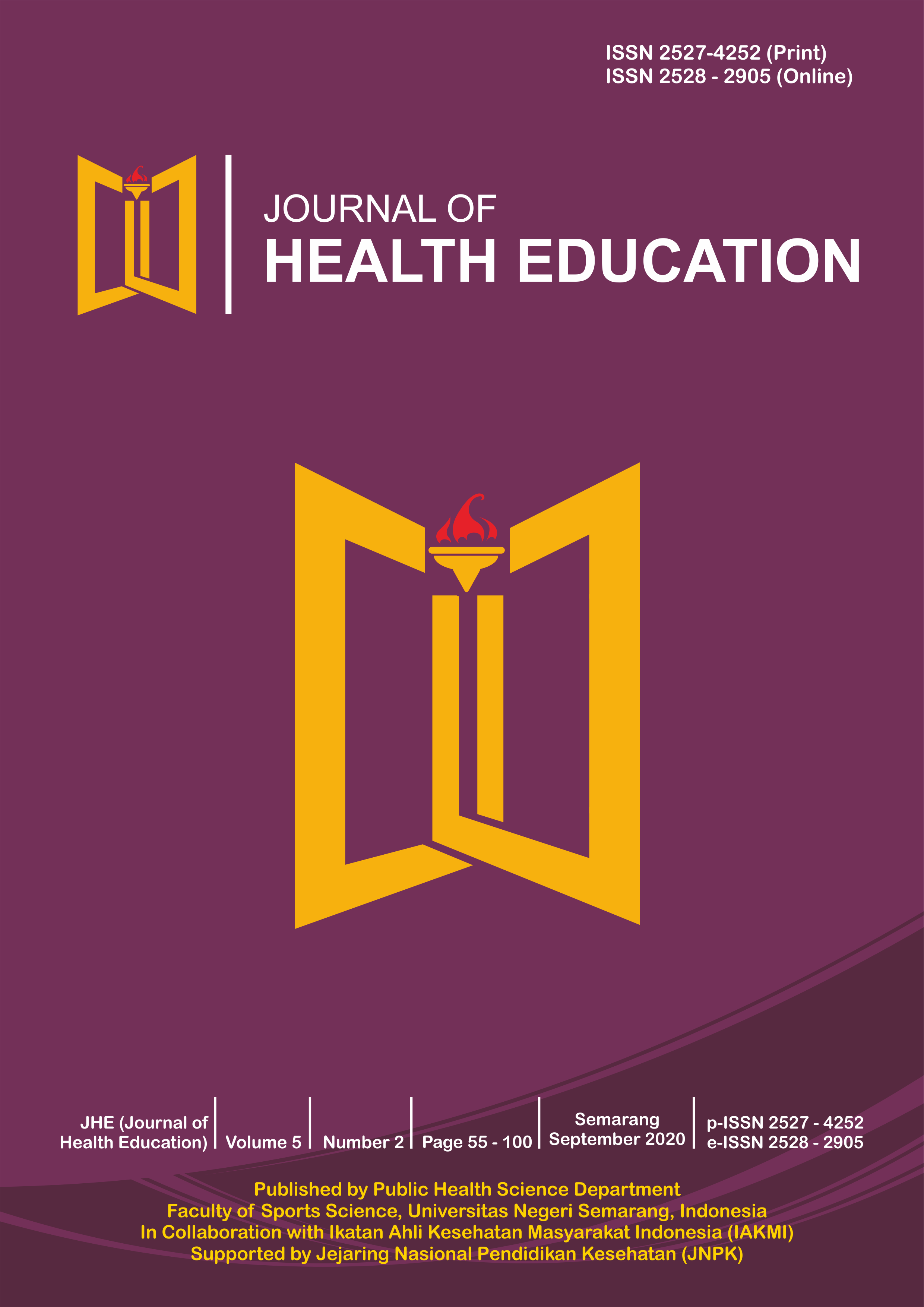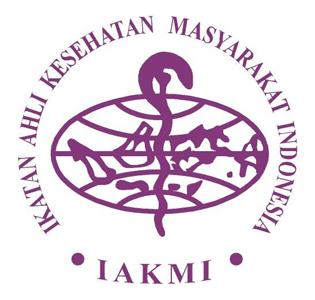Nutritional Knowledge, Dietary Assessment, Physical Activity, Body Fat Percentage, and Nutritional Status of Police Officers
Abstract
Background: Overweight on the police can decrease work productivity and become a risk factor for non-communicable diseases. This study aims to determine the relationship of nutrition, energy intake, physical activity, and body fat percentage to nutritional status and risk factors that affect it.
Methods: A cross-sectional research design with a sample of 104 respondents was applied in this research. The data was analysed through bivariate analysis using Pearson correlation and Rank Spearman and multivariable analysis using multiple linear regression.
Results: The results revealed that there was a correlation between nutritional knowledge, the intake of energy, carbohydrates, fats and proteins, physical activity, as well as percentage of body fat and nutritional status (p <0.05) with the most influential variable is energy intake.
Conclusion: The researchers suggest to provide counseling about balanced nutrition in order to create motivation and self awareness to achieve normal nutritional status.






